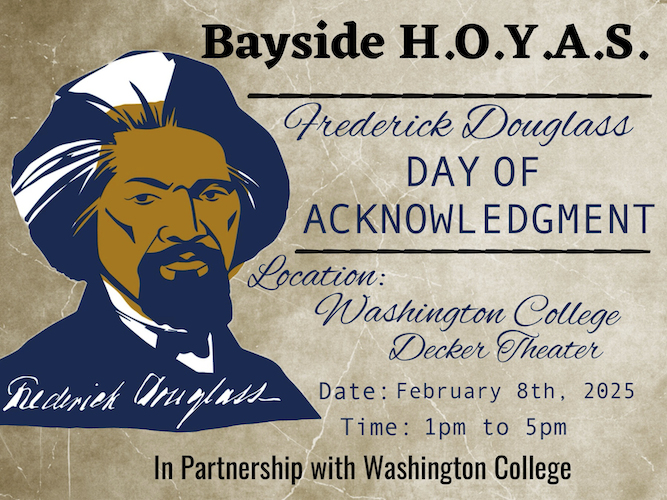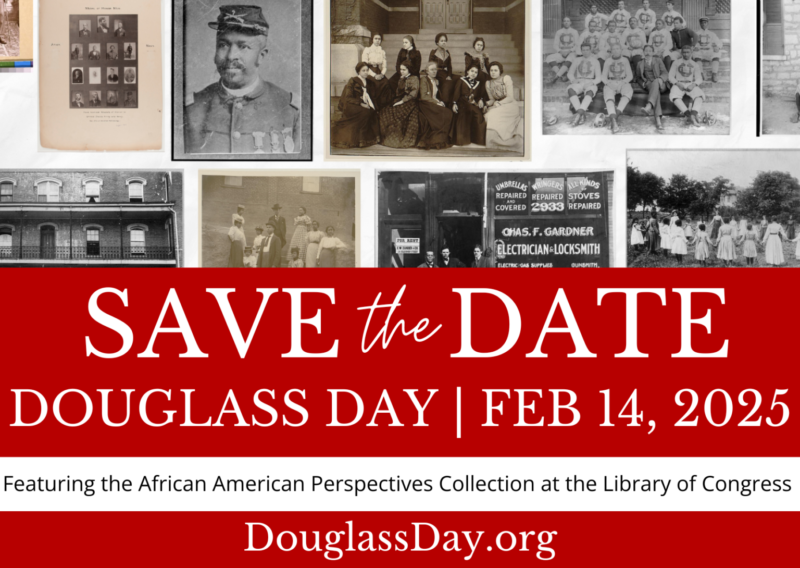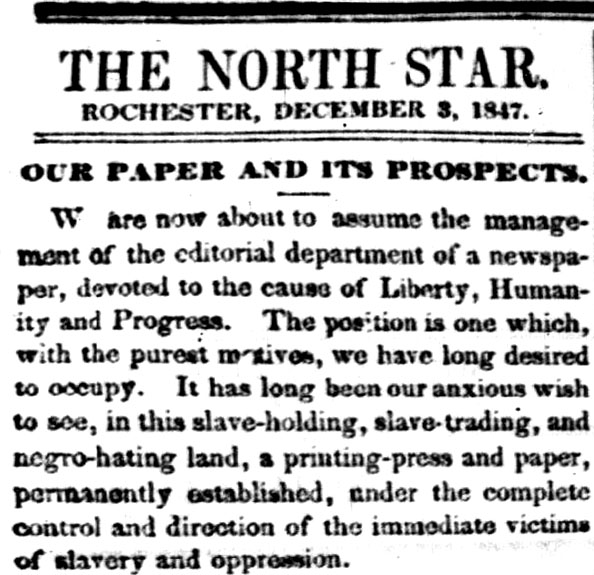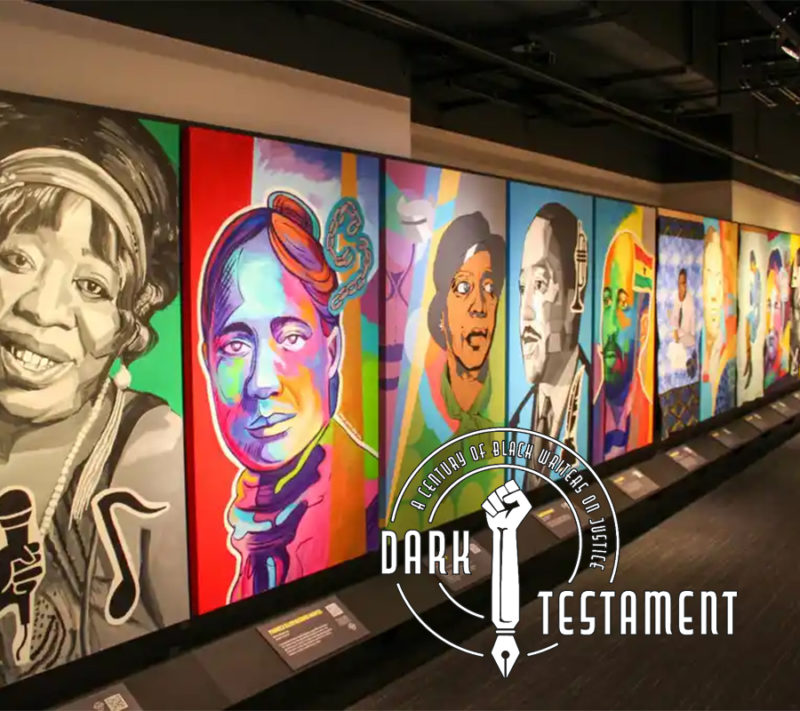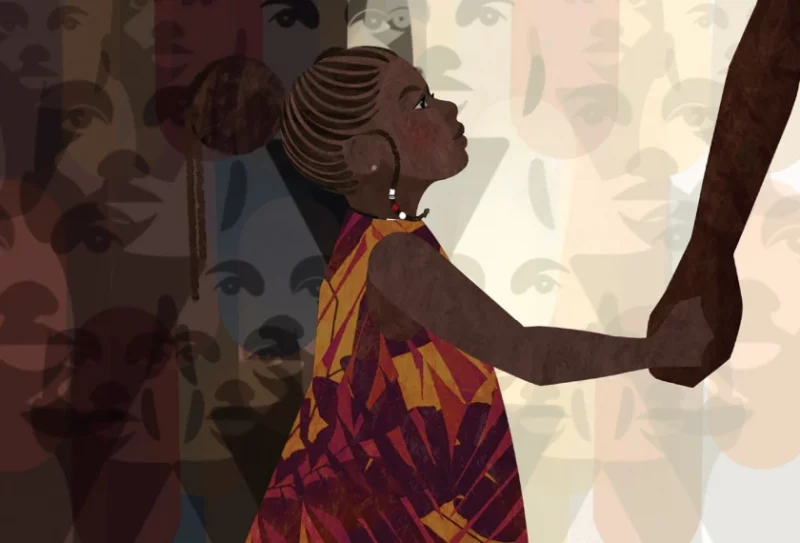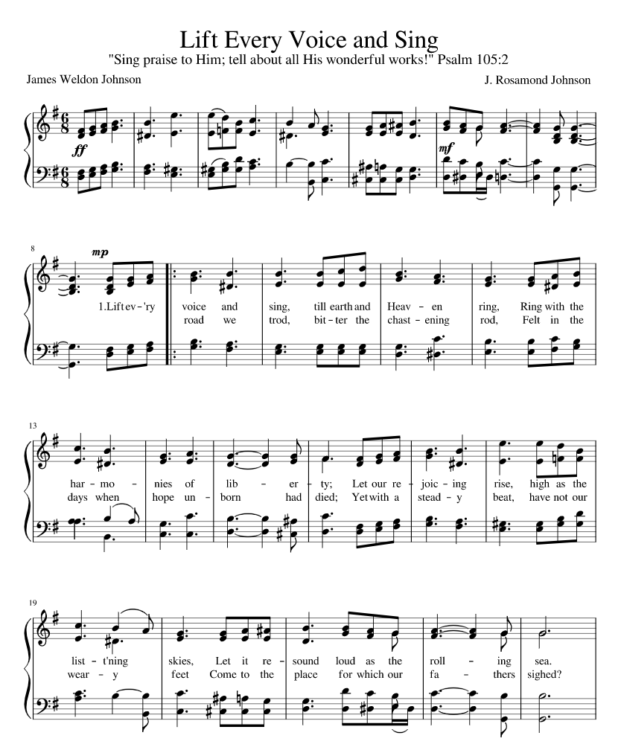Posts Tagged ‘Frederick Douglass’
Frederick Douglass Day of Acknowledgment
Frederick Douglass Day illuminates the role of African Americans in the history of the Eastern Shore and lifting up their contributions, serving as an exciting celebration of the heritage and culture of the African American community.
Read MoreDouglass Day
Join us for Douglass Day! A day of love & collective action for Black history! Every Valentine’s Day, we invite you to a birthday party for Frederick Douglass. Although Douglass never knew his birthdate, he chose to celebrate every year on February 14th. We celebrate this date as a moment for creating Black history together.…
Read MoreThis Day in History: The North Star Newspaper is Published
The creation and first issue of The North Star by Frederick Douglass in1847.
Read MoreProject reveals UK sites where black Americans fought to end slavery
Abolitionist Frederick Douglas was among the anti-slavery activists who visited England to rally support for his case.
Read MoreDark Testament: A Century of Black Writers on Justice
At the American Writers Museum explore racial injustice in America by examining the work of Black American writers from the end of the Civil War through the Civil Rights Movement. Featuring original artwork, augmented reality and other interactive elements to enliven and enrich the experience, Dark Testament brings the work of writers past and present to life in new and exciting ways.
Read MoreComing To The Table: The Frederick Douglass Project
Experience dramatic readings by acclaimed actors of speeches by Frederick Douglass for diverse audiences on Zoom as a catalyst for powerful dialogue about the impact of discrimination, racialized violence, structural inequality, and deferred justice upon individuals, families, professionals, and communities.
Read MoreBlack History Can Do More Than Counter White Racism
Black history is a movement of ideas targeted to redress the long history of anti-Blackness. Anti-Blackness is a totalizing system of thought that positions Black people, including their bodies, culture, and value systems, as bad or dysfunctional. But Black history does more than counter anti-Black ideologies; it also documents the social contexts, experiences, aesthetics, and intellectual pursuits of African Americans. This idea of both countering white racism and writing and creating from one’s standpoint—removed from the white gaze—is central to Black history.
Read MoreHow Negro History Week Became Black History Month and Why It Matters Now
Historians must “rewrite the history of the United States through the lens of Black history, … if you don’t make that case, there are [false] stories that will expand and go toward rationalizing and perpetuating racism, exclusion, marginalization and more.”
Read MoreThe 120th Anniversary of Lift Ev’ry Voice and Sing
February 12, 2020 marks the 120th anniversary of the poem Lift Ev’ry Voice and Sing, an influential and epic description of Black Life originally intended to commemorate Abraham Lincoln.
Read MoreThe “Slave Bible” Removed Key Biblical Passages In Order to Legitimize Slavery & Discourage a Slave Rebellion (1807)
When the “slave bible” was introduced to the West Indies, it sanctioned and legitimized slavery as ordained by God. This version of the bible was one weapon used by the slave owners to put down slave rebellions.
Read More